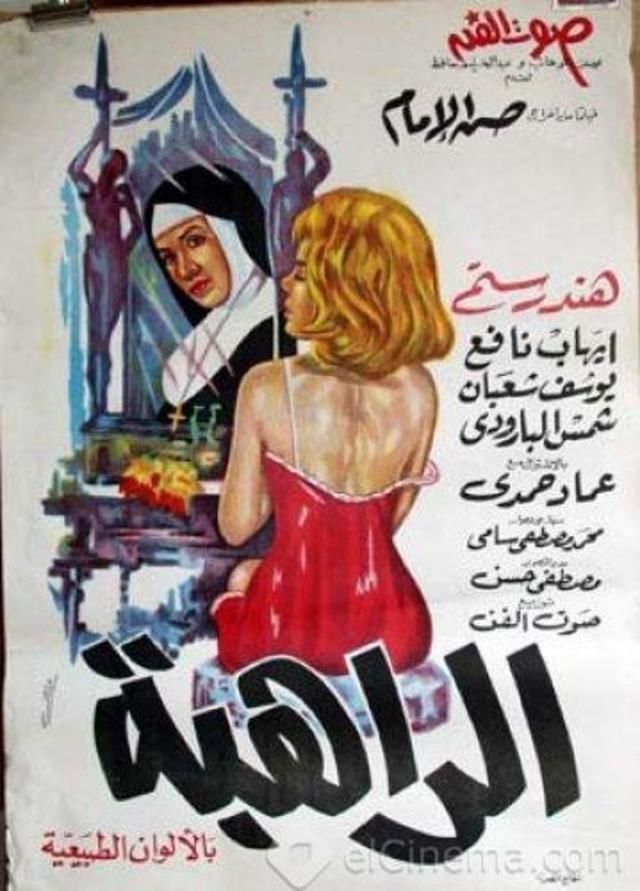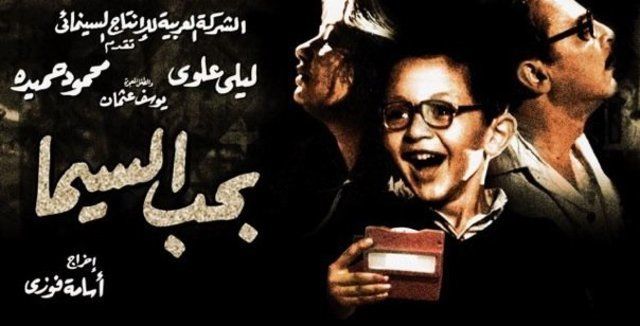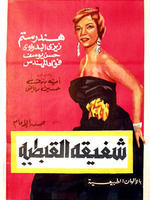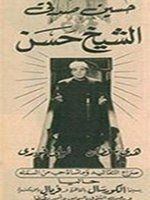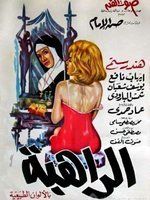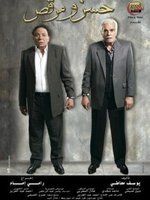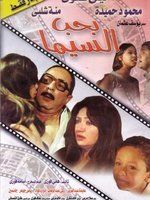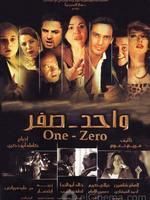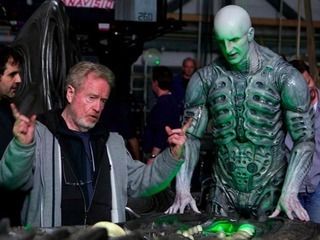The Egyptian Copts in cinema: friends and neighbors only!
- Article
- 12:25 PM - 15 April 2012
- 2 photos
- By: Follow
-

Written by Osama El Shazly – this article reflects its author's sole opinion-Happy Easter to Egypt! That holiday which is followed by Sham El Nessim and unites both Egyptian's communities in an authentic pharaonic feast. This is part of the Egyptian society's uniqueness, that some has tried to "Saudi-lize" it lately! Nevertheless, the Egyptian cinema that is now more than 100 years old has always been unfair to the Coptic citizens; to the extent that the Christian's role in films was either the lead actor's best friend or his loyal neighbor. A situation that mimics the famous meeting between the pope and the sheikh of Azhar in Ramadan and in feasts, where there are smiles on the faces and what's in the heart, stays in the heart. Except for a few films that are excluded from this rule like "Al Raheba – The Nun", "Shafeka Al Qebteya – Shafeka the Coptic", "Bahib El Cima – I love the Cinema" and "Wahed:Sefr – One : Zero". The real beginning of the Egyptian Cinema was in the 1930's and 1940's where there was no presence for Christians in films; perhaps for the non-existence of real racism in Egypt at that time. The first crisis that emerged then was prohibiting a 1951 film entitled "Al Sheikh Hassan" which was about a Muslim preacher who married a Christian woman who declares converting to Islam at the end of the film while she was dying. She leaves her son with her uncle who is a Christian Pastor who returns him to his father. This film caused anger amongst many Christians but it was then released with a direct order from president Gamal Abd El Nasser in 1954.Then during the 1950's and 1960's, where times were busy in the Arab Nationalism and the launch of new countries; the role of a Christian in films was the hero's savior friend like in "Om Al Arousa – Mother of the Bride" and in Naguib's Mahfouz's films about the 1919 revolution, the Christian was the one uniting the two elements of the Egyptian society. This period of time witnessed the production of "Al Raheba – The Nun" and "Shafeka Al Qebteya – Shafeka the Coptic" and both are from the rare films that the lead role was for a Christian. As for the 1970's and 1980's, the films focused on war and the Coptic participation was a repetitive symbolic one. But in the 1980's the cinema was busy with the Egyptian society's issues and completely ignored any religious dimension.Then comes the 90's of the twentieth century with the attack of terrorism on Egypt in which the government required to show peace and harmony between the two elements of the society. And to witness this peaceful relationship between Muslims and Christians; came the "Al Erhaby – The Terrorist", "Kalam Fee Al Mamnou – Forbidden Talk" and others where again the Coptic presence was minor but on a good relationship with the Muslim. Finally, the cinema in the second millennium witnessed freedom of thought to produce "Bahib El Cima – I love the Cinema" that discusses many of the Christian beliefs and criticizes the dictator father's authority inside the Christian family. This film provoked the Church and was viciously attached by them. But then another film was produced "Wahed:Sefr – One : Zero" and it talked about a Christian woman who demanded a divorce to marry the guy she loved. As the film focused on the divorce issue in Christianity, the Church attacked it even though it was very successful and collected over fifty awards. As for "Hassan & Morqos", the film handled the relationship and the congested crisis in a perfect manner under a governmental shallow guidance to convince the society that this crisis is mild and can be easily dealt with. The Egyptian Cinema continues to present the Christian in his usual roles: the good friend or the dear neighbor. It even sometimes replaced him instead of the Jew who emigrated from Egypt in the mid fifties and made him a goldsmith that deals with usury and portrayed in an improper caricature.This common mistake in the Egyptian Cinema deserves a pause to be amended especially after the latest ban of "La Moakhza – I beg your Pardon" for Amr Salama and it handles the relationship between a Christian child with his Muslim friends in School where he denies his religion to fit it. Who can forget that after "Hassan & Moroos" and before it "Hassan & Moroos & Cohen" some released a joke saying that the next film will be "Hassan" only which is a clear state of racism in both of the Egyptian society and cinema. The Christians in Egypt are Egyptians and they deserve better.


